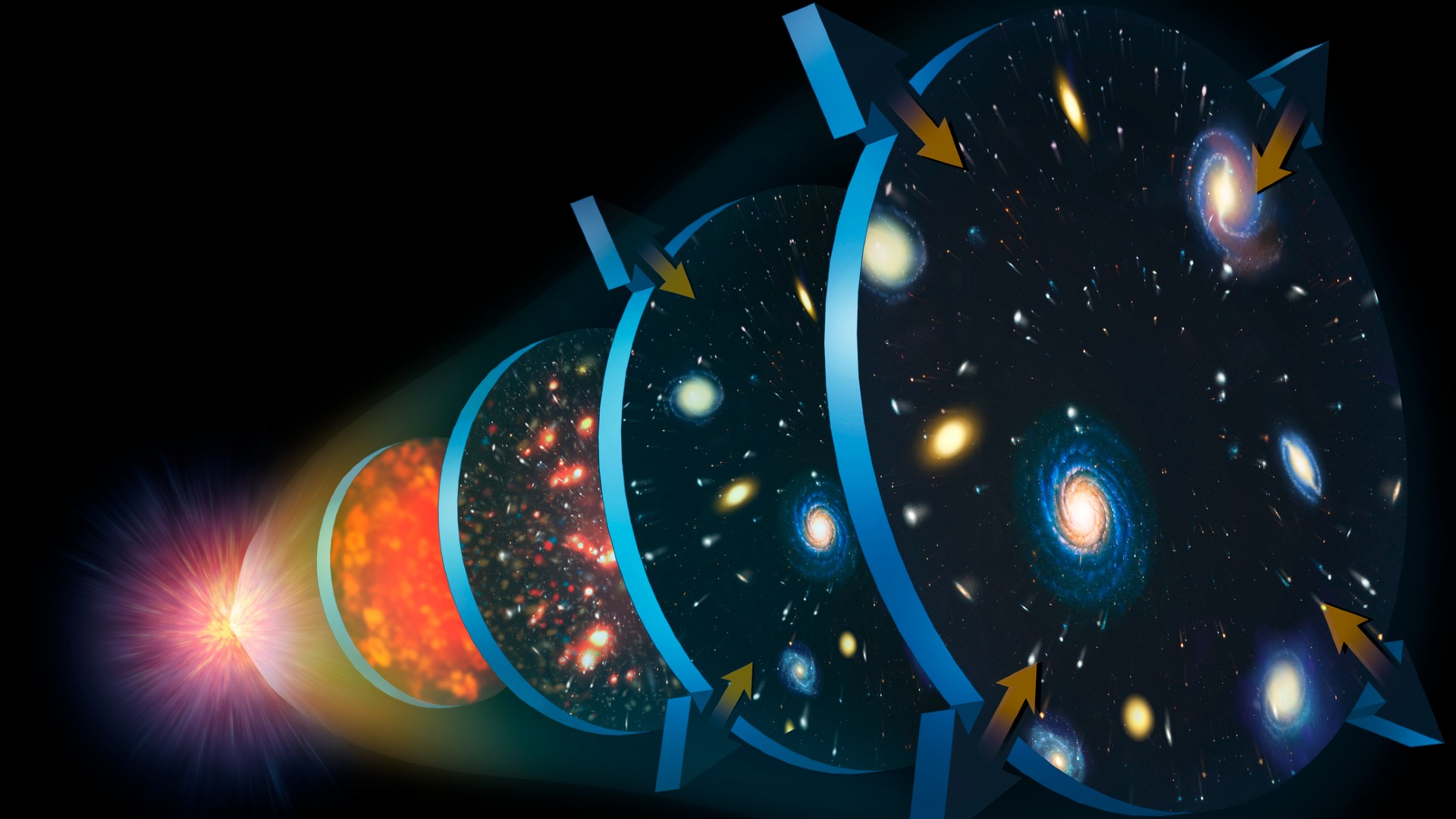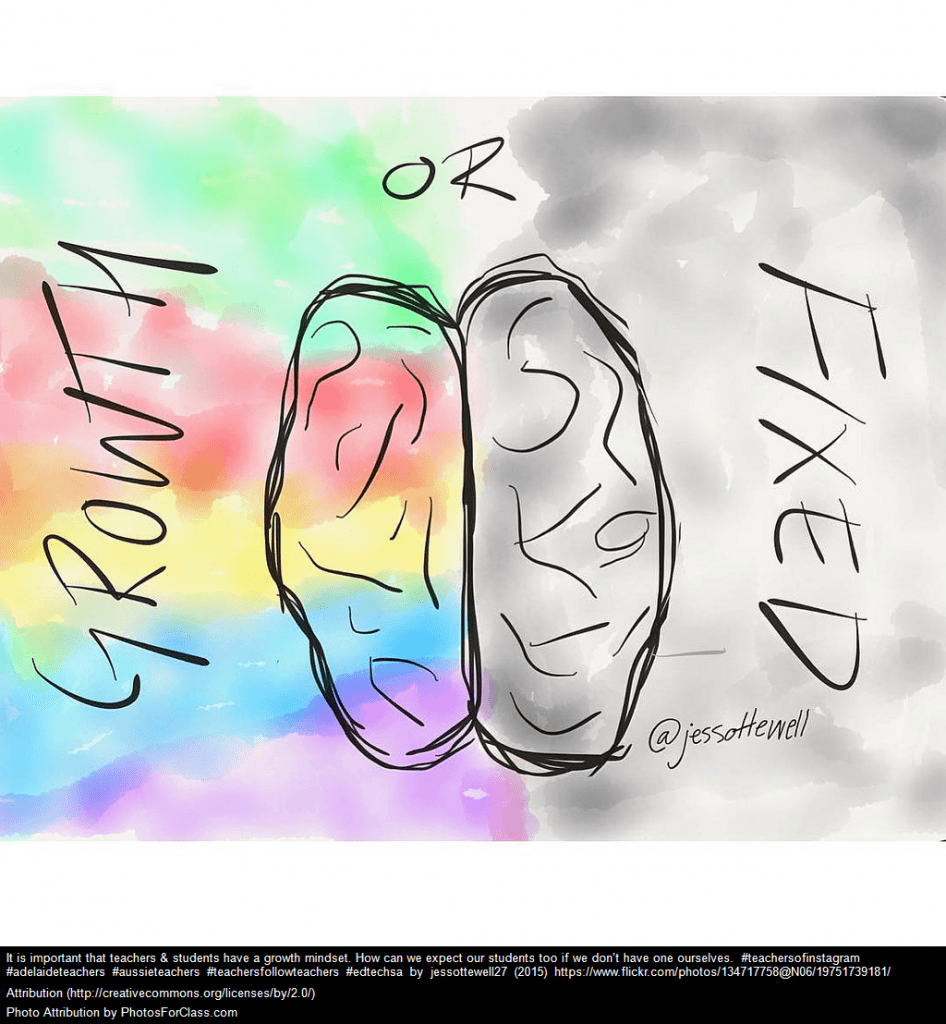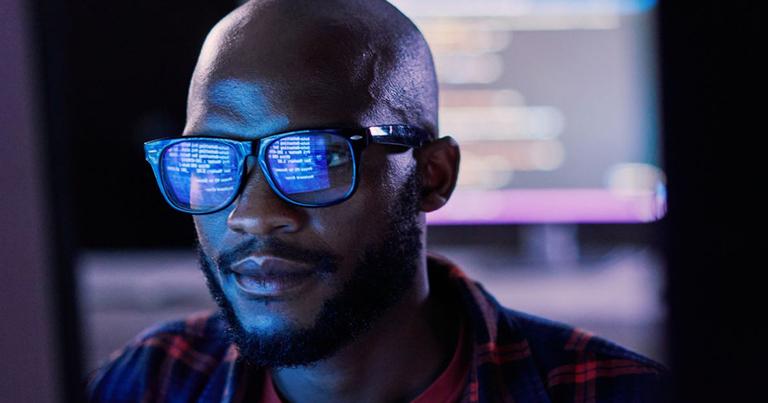Are we a racist society? The majority of us say no – but science begs to differ
Although greater awareness of prejudice would suggest we are less bigoted than ever, empirical evidence indicates notQ&A with Keon West, author of The Science of RacismDo we still have a problem with racism? If you ask the average person even the most basic question about it – “Does racism still exist?” – half the population will say it doesn’t. According to a recent Guardian poll of British adults, more than half thought ethnic minorities faced less or the same discrimination as White people in most areas of life, such as the news, TV or films, the workplace, access to finance and jobs, and access to university or good schooling. Results in the US are similar. A 2021 Gallup poll revealed that slightly more than half of the White American population believe “racism against Black [people is] widespread in the US”. In the meantime, according to the same poll, slightly less than half of the White American population believe “racism against Whites [is] widespread in the US”. An earlier study (by Michael Norton and Samuel Sommers) showed that a growing number of White Americans believed “reverse racism”, or racism against White people, was the more prevalent form of racial bias.This kind of division in our society is a massive problem to which those in positions of authority offer no clear answers. Politicians frequently pretend to be experts on a host of issues such as racism – and vaccines, and the climate crisis, and evolution – but they’re not. If they don’t have degrees or past careers in social psychology or climate science or evolutionary biology, then they are no more experts in the topic than you are and are as sharply divided as the rest of us. Continue reading...

Although greater awareness of prejudice would suggest we are less bigoted than ever, empirical evidence indicates not
Do we still have a problem with racism? If you ask the average person even the most basic question about it – “Does racism still exist?” – half the population will say it doesn’t. According to a recent Guardian poll of British adults, more than half thought ethnic minorities faced less or the same discrimination as White people in most areas of life, such as the news, TV or films, the workplace, access to finance and jobs, and access to university or good schooling. Results in the US are similar. A 2021 Gallup poll revealed that slightly more than half of the White American population believe “racism against Black [people is] widespread in the US”. In the meantime, according to the same poll, slightly less than half of the White American population believe “racism against Whites [is] widespread in the US”. An earlier study (by Michael Norton and Samuel Sommers) showed that a growing number of White Americans believed “reverse racism”, or racism against White people, was the more prevalent form of racial bias.
This kind of division in our society is a massive problem to which those in positions of authority offer no clear answers. Politicians frequently pretend to be experts on a host of issues such as racism – and vaccines, and the climate crisis, and evolution – but they’re not. If they don’t have degrees or past careers in social psychology or climate science or evolutionary biology, then they are no more experts in the topic than you are and are as sharply divided as the rest of us. Continue reading...














































































